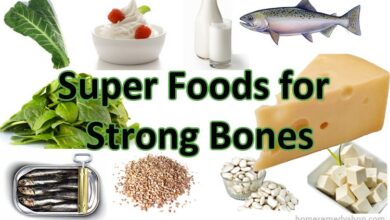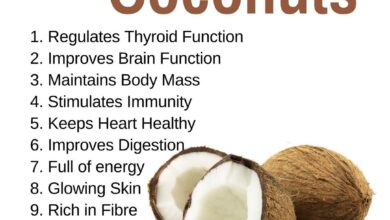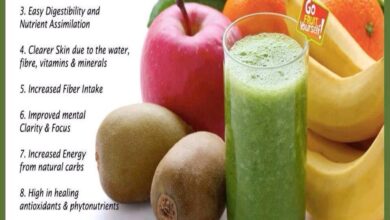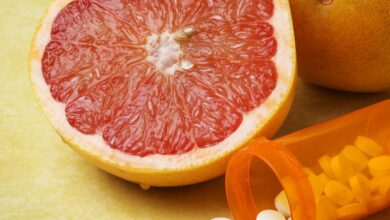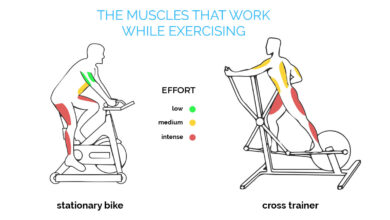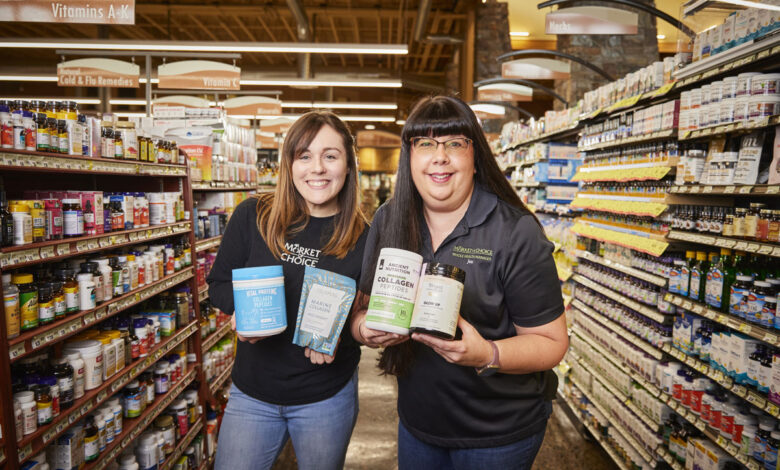
Experts Debate the Pros and Cons of Collagen
Experts debate the pros and cons of collagen, a protein that’s become a popular supplement for its potential benefits to skin, joints, and overall health. While many tout its ability to boost collagen production and reverse the signs of aging, others question its effectiveness and potential side effects.
This debate has sparked intense discussion among experts, leaving consumers wondering if collagen supplementation is truly worth the hype.
Collagen is the most abundant protein in our bodies, forming the framework for skin, bones, tendons, and cartilage. As we age, our bodies naturally produce less collagen, leading to wrinkles, joint pain, and decreased bone density. Collagen supplements, derived from animal sources or hydrolyzed collagen, are marketed as a way to replenish these lost levels and restore youthful vitality.
But the science behind these claims is complex, with studies showing mixed results and potential risks to consider.
Benefits of Collagen Supplements: Experts Debate The Pros And Cons Of Collagen
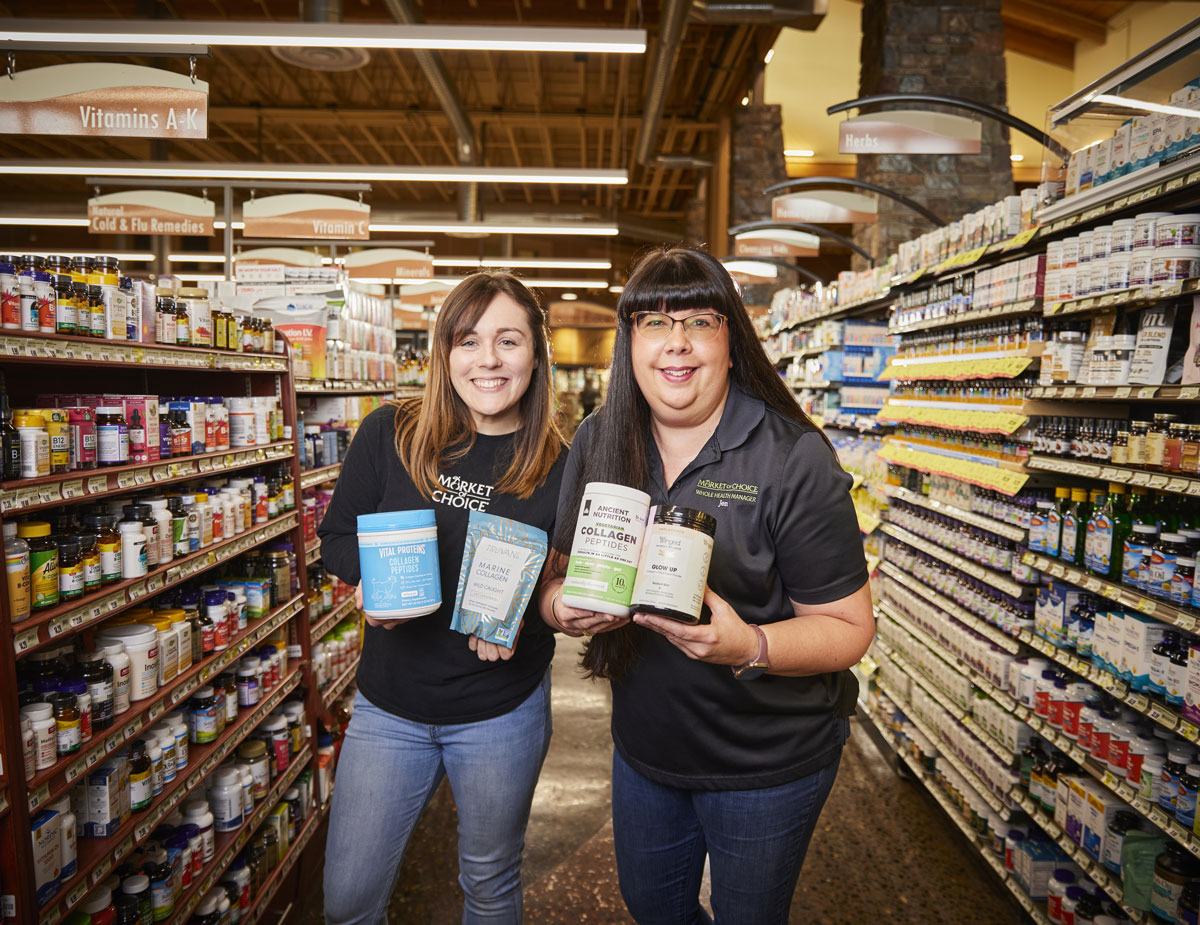
Collagen is a protein that is naturally found in our bodies, and it is essential for maintaining the health of our skin, bones, joints, and other tissues. As we age, our body’s natural collagen production decreases, which can lead to wrinkles, joint pain, and other age-related changes.
It seems like everyone’s talking about collagen these days, but experts are still debating its benefits. While some tout its ability to improve skin elasticity and joint health, others remain skeptical. Regardless of your stance, one thing’s for sure: maintaining flexibility is crucial for overall well-being.
If you’re struggling to make stretching a habit, check out these ways to learn to love stretching. After all, a supple body might be just as important as a collagen-rich diet when it comes to aging gracefully.
Collagen supplements are becoming increasingly popular as a way to boost collagen levels and potentially improve these conditions.While research on collagen supplementation is ongoing, there is growing evidence to suggest that it may offer several health benefits.
Improved Skin Health
Collagen is a major component of the skin, providing structure and elasticity. As we age, collagen production declines, leading to wrinkles, sagging skin, and decreased skin hydration. Studies suggest that collagen supplementation may help improve skin health by increasing collagen levels in the skin.
It’s fascinating how experts debate the pros and cons of collagen, much like the ongoing discussion about whether is grapefruit actually that great for weight loss. Both topics have passionate advocates on either side, and ultimately, it’s up to each individual to decide what works best for them.
Just like collagen, grapefruit might offer some benefits, but it’s important to do your research and weigh the evidence before making any drastic changes to your diet or routine.
One study published in the journal
Skin Pharmacology and Physiology* found that supplementing with collagen peptides for 8 weeks significantly improved skin elasticity and hydration in women aged 35-55.
Joint Health
Collagen is also a key component of cartilage, the tissue that cushions and protects our joints. As we age, cartilage can break down, leading to joint pain, stiffness, and osteoarthritis. Studies suggest that collagen supplementation may help improve joint health by supporting cartilage repair and reducing inflammation.
While experts debate the pros and cons of collagen supplements, there’s no denying the power of a warm, comforting bowl of soup on a chilly winter day. For those watching their calorie intake, check out these 9 hearty winter soups under 360 calories that are packed with flavor and nutrients.
Whether you’re a collagen enthusiast or simply looking for a delicious and healthy meal, these soups are sure to satisfy.
A study published in the
Journal of the International Society of Sports Nutrition* found that supplementing with collagen peptides for 12 weeks reduced joint pain and improved physical function in people with knee osteoarthritis.
Bone Health
Collagen is also found in bones, where it provides strength and structure. As we age, bone density can decrease, increasing the risk of fractures. Studies suggest that collagen supplementation may help improve bone health by stimulating bone formation and reducing bone breakdown.
A study published in the
Journal of Bone and Mineral Research* found that supplementing with collagen peptides for 12 weeks increased bone mineral density in postmenopausal women.
Alternative Ways to Increase Collagen Production
While collagen supplements can be helpful, there are also natural ways to boost your body’s collagen production. These methods involve making healthy lifestyle choices and focusing on nutrition.
The Role of Diet in Collagen Production
A balanced diet rich in certain nutrients is crucial for supporting collagen synthesis. Here are some key dietary strategies:
- Consume collagen-rich foods:Foods like bone broth, chicken skin, fish, and eggs are excellent sources of collagen. These foods contain the building blocks your body needs to produce collagen.
- Include vitamin C in your diet:Vitamin C is a powerful antioxidant that plays a vital role in collagen production. It acts as a co-factor for enzymes involved in collagen synthesis. Good sources of vitamin C include citrus fruits, bell peppers, strawberries, and broccoli.
- Incorporate zinc and copper:Zinc and copper are also essential for collagen production. Zinc helps with the formation of collagen fibers, while copper is needed for the cross-linking process that strengthens collagen. You can find these minerals in foods like oysters, nuts, seeds, and beans.
- Get enough protein:Protein is the building block of collagen. Ensuring you consume adequate protein is crucial for collagen synthesis. Lean meats, fish, eggs, dairy products, and legumes are excellent sources of protein.
The Impact of Exercise on Collagen Production
Regular physical activity can stimulate collagen production and improve skin elasticity. Here’s how:
- Resistance training:Weightlifting and other forms of resistance training can increase muscle mass and collagen production. This is because exercise puts stress on your muscles, which triggers the body to repair and rebuild them, including the collagen matrix that surrounds muscle fibers.
- Cardiovascular exercise:Moderate-intensity cardiovascular exercise, such as brisk walking, running, or swimming, also helps improve blood flow and oxygen delivery to the skin, which can promote collagen production and skin health.
Lifestyle Modifications for Optimal Collagen Production, Experts debate the pros and cons of collagen
Beyond diet and exercise, certain lifestyle modifications can support collagen production and overall health:
- Get enough sleep:Sleep is crucial for collagen synthesis and repair. During sleep, your body releases growth hormone, which plays a role in collagen production. Aim for 7-9 hours of quality sleep each night.
- Manage stress:Chronic stress can deplete collagen levels. Stress-reducing techniques like meditation, yoga, or deep breathing can help mitigate the negative effects of stress on collagen production.
- Limit sun exposure:Excessive sun exposure can damage collagen and accelerate skin aging. Wear sunscreen with an SPF of 30 or higher and protective clothing when spending time outdoors.
- Avoid smoking:Smoking damages collagen and accelerates skin aging. It also reduces blood flow to the skin, further hindering collagen production.
Last Point
The debate surrounding collagen supplementation continues, with experts weighing the potential benefits against the possible risks. While collagen may offer some advantages for skin, joint, and bone health, it’s crucial to approach supplementation with caution. Consult with your doctor before starting any new supplement, especially if you have underlying health conditions or are taking medications.
By carefully considering your individual needs and potential risks, you can make an informed decision about whether collagen supplementation is right for you.

